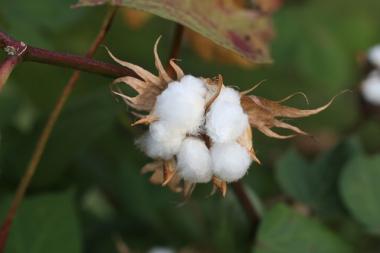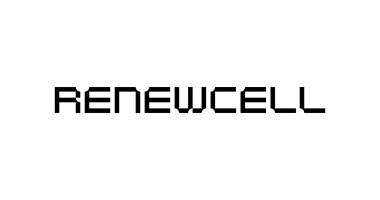Cotton prices outlook
Cotton Incorporated published its monthly economic letter of August and shared new insights of the cotton prices:
Cotton prices continue to be caught between the two competing storylines that have been in play for the past several months.
On one side, there is the deteriorating global macroeconomic situation. The International Monetary Fund (IMF) lowered its projection for global economic growth in both 2022 (3.2%) and 2023 (2.9%) in the updates released in late July. Current IMF forecasts are significantly beneath those from January (called for 4.4% growth in 2022 and 3.8% growth in 2023) and April (called for 3.6% growth in 2022 and 3.6% growth in 2023). The evolution in the macroeconomy was a likely factor contributing to the shift in investors’ outlook on the commodity sector, which led to a collapse in prices for cotton and a range of other commodities in June and July.
Beyond the weakening macroeconomic environment, there also may be factors associated with cotton supply chains that could affect demand during the 2022/23 crop year. Downstream consumer markets for cotton can be viewed as more discretionary than other spending categories, such as food, energy, and lodging, that experienced some of the sharpest effects of inflation. Given price increases for necessities, consumers may have less income to devote to apparel and home furnishings.
In the U.S., consumer spending on clothing has been flat for the past year. However, it has been holding at levels that are 25% higher than they were in 2019. If U.S. consumers pull back on clothing purchases, it may hit the market just as retailers have caught up with consumer demand after the onset of the shipping crisis. In weight volume, the cotton contained in U.S. apparel imports was up 22% year-over-year in the first half of 2022. Relative to 2019 (pre-COVID and pre-shipping crisis), the volume in the first half of 2022 was up 23%. Given strong import volumes, if there is a dip in consumer demand, inventory could build both at retail and upstream in supply chains. This could lead to cancelations, potentially all the way back to the fiber level, where contracts signed at prices higher than current values could be particularly susceptible.
Tight U.S. supply is on the other side of price direction arguments. Cotton is drought tolerant, and that is why it can be viably grown in perennially dry locations like West Texas. However, cotton requires some moisture to germinate and generate healthy yields. West Texas has had very little rain over the past year, and drought conditions have been extreme. As a result, abandonment is forecast to be widespread. It remains to be seen exactly how small the U.S. crop will be, but the current USDA forecast predicts only 12.6 million bales in 2022/23 (-5.0 million fewer bales than in 2021/22).
Meanwhile, demand for U.S. cotton has been relatively consistent, near 18 million bales over the past five crop years (an average of 15.5 million bales of exports and 2.7 million bales of domestic mill-use). A harvest of only 12.6 million falls well short of the recent average for exports alone, and U.S. stocks were near multi-decade lows coming into 2022/23. All these statistics suggest shipments from the world’s largest exporter may have to be rationed in 2022/23. If cotton is not readily available from other sources, the scarcity of supply from the U.S. could support prices globally.
Simultaneously, there is weakness from the demand side. The market has struggled to find the balance between the weakened demand environment and limited exportable supply in recent months. The conflict between these two influences makes it difficult to discern a clear direction for prices and suggests continued volatility.
Cotton Inc.



















